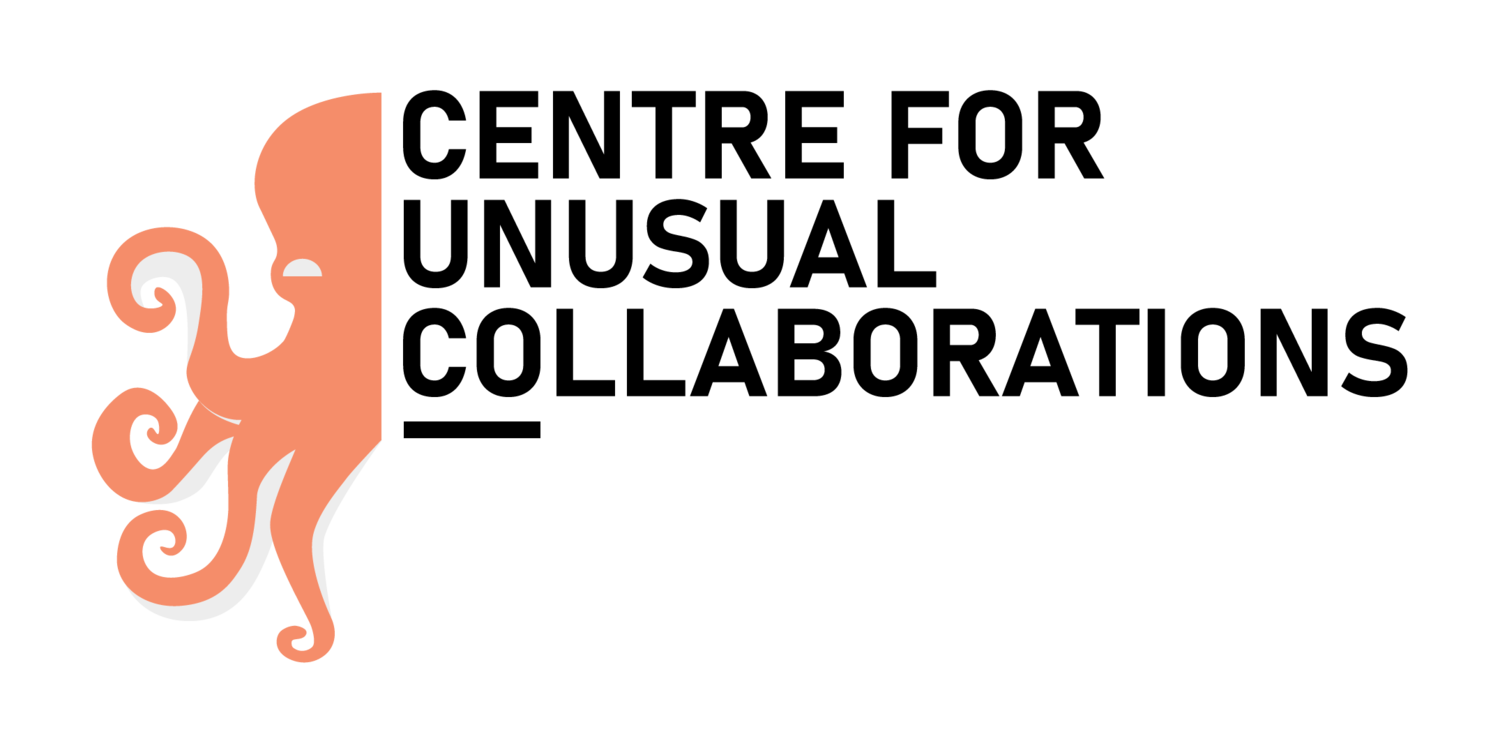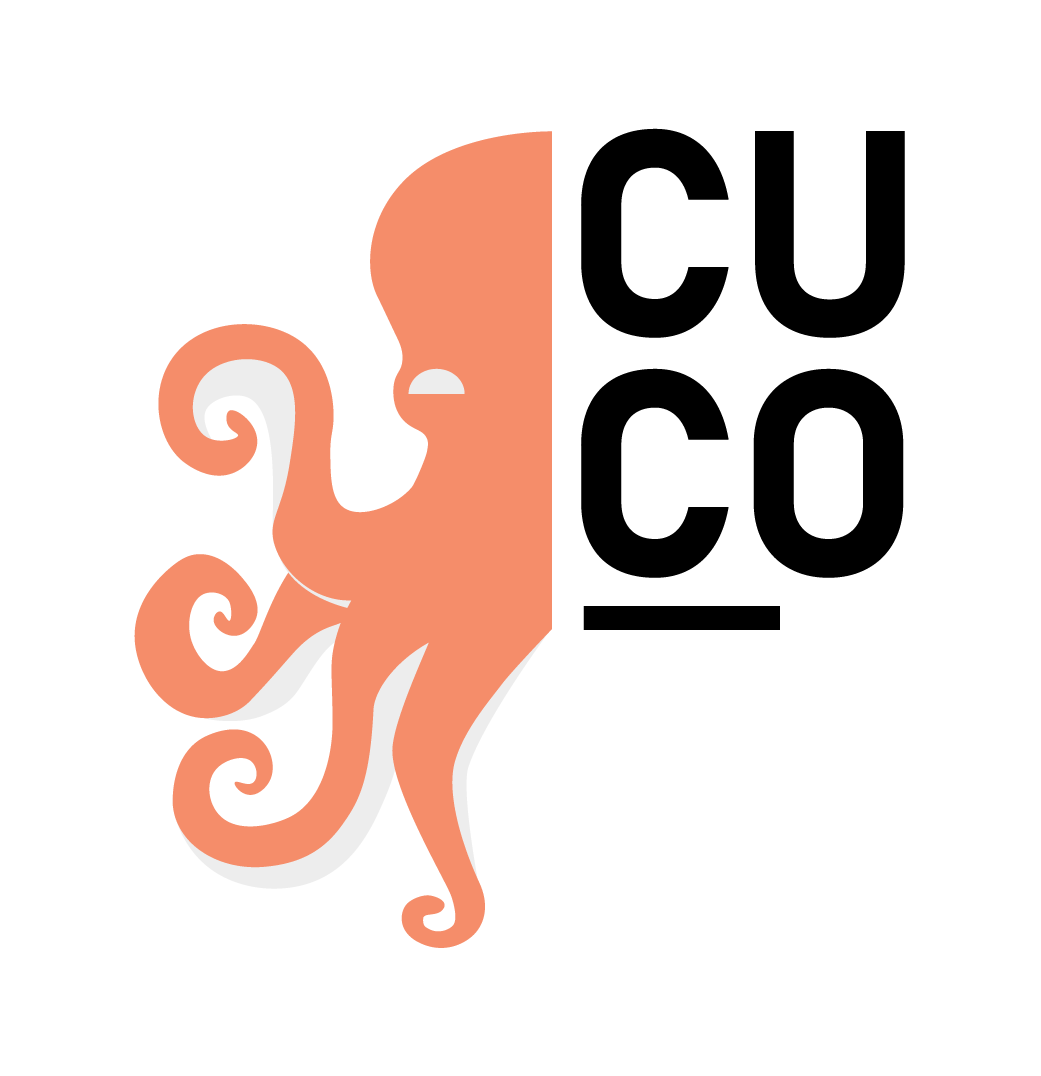
This project ended in November 2022
Towards a data-driven dashboard to support a socially-just transition to circular agriculture
The activities of this project have ended in November 2022, please find a description of what the project worked on below. As well as contact details to learn about its results.
What was this project about?
Current practices of producing and consuming food result in major environmental problems, and reorienting agriculture towards a sustainable future is a major societal challenge. Circular agriculture has been put forward as a promising vision on how to produce sufficient, affordable and safe food while mitigating sustainability problems. Within circular agriculture, residuals of agricultural biomass and food processing are used within the food system as renewable resources. The Dutch government has the ambition to be a global leader in circular agriculture in 2030.
The transition towards circular agriculture depends on the support of farmers, consumers/ citizens and societal stakeholders. Such support can be gained when there are clear benefits, there is a sense of ownership and the transition is socially just, meaning that benefits and costs are distributed fairly. Currently, stakeholders’ understanding of circular agriculture, possible costs and benefits, and necessary changes in farming, consumption and conservation practices is limited. More transparency on the implications for production, production environment (biodiversity) and animal welfare is needed.
Therefore, the overall objective is to involve farmers, consumers, citizens and other stakeholders in the transition towards circular agriculture by collecting, combining and giving meaningful access to farm data. In order to support a socially just transition to circular agriculture, with the involvement of a broad range of stakeholders, we propose to develop a unique data-driven circular farming dashboard that provides actionable insight at a local, regional, and ultimately national level. This dashboard incorporates knowledge from a large-scale sensor, vision, and data logging network. By unlocking meaningful access to data and deduced insight, we expect our dashboard and data collection infrastructure to boost transparency and social justice, increasing involvement of consumers, citizens, and societal stakeholders on the way circular food is produced.
In order to establish the envisaged dashboard, a knowledge gap first needs to be addressed. Currently insight lacks in how farm data can be used to provide transparency, monitor progress and support closing agricultural production circles. In addition, insight is also lacking in how such data can be made both useful and accessible for farmers, consumers, citizens and societal stakeholder, such as nature conservation agencies.
An unusual and interdisciplinary collaboration of young academics with expertise in data science, agricultural business economics, veterinary sciences, sociology, together with agricultural and societal stakeholders, tackled three research questions:
· What relevant farm data can (automatically) be acquired using smart sensing and other technologies to provide better insight in circularity, biodiversity and animal welfare?
· How can farm data support farmers, consumers, citizens’ and societal stakeholders’ understanding of and engagement with circular agriculture?
· How can farm data be used to enable a level playing field with fair incomes for small and large farms in the transition to a circular way of producing food?
Get into contact
If you want to know more about results or follow-up of this project, please contact Dr. ir. Wilma Steeneveld. Interested in who was working on this project? You can find all CUCo fellows on our fellow page.
Contact Information
Mail: w.steeneveld@uu.nl
Tel.: 030 253 1233

